
Dr Essiamah who is also the President of the Association of School Forest for West Africa in Germany, said Ghana‘s rain forest was fast decreasing from eight to 1.4 Million hectares just within a decade with an unprecedented pressure on forests and other natural resources.
“The irreparable destruction of the forests continues to advance unabated and unfortunately this has direct consequence for rural forest dwelling communities and particularly school children in the rural areas.
“So there is the need to change the negative attitude of the children (the future generation) towards trees or rain forests so as to slow down the de gradation or stop it in future.
He said this at a function at Nyakrom to honour the people who initiated tree planting and solar power in the Agona Nyakrom in Agona West, Bawjiase in the Awutu- Senya West and other part of the District in the Central Region.
He said devoid of trees, the communities have eroded and dusty places and this was being corrected as a result of the tree planting and solar projects initiated since 1995 in Ghana.
The Ghanaian-born Scientist commended two German colleagues who were not present at the function, for their immense contributions and financial supports towards the tree planting and solar plant projects, which had assisted Basic and Senior High Schools in Agona West and other part of the country.
Dr Essiamah praised the Partner Association in Ghana “Youth and Environment Club”, especially the Chairman, Nana Odom Panin, and the Secretary, Mr. Henry Bondzie, a teacher and many supporters who have made it possible for the projects to be a reality.
Those who were honoured were Madam Sigrid Maria Boating, a German, and Retired Professor in Social Science, and financial secretary of the German Association, and Mr. K. Boateng, a Ghanaian from Awutu Bawjase and Dr Sam Essiamah, a native of Naykrom.
“I became associated with the rainforest as a child when I accompanied my parents to establish cocoa plantation deep in the forest before being sent to school,” Dr Essiamah.
He said there were strong big shade trees on school compounds and rural community settlement areas in Ghana where school children and adults could sit, playing and study.
According to Dr Essiamah sacred forests around settlements, which served as cemeteries and protected plants and animals, river sources as well as creating micro climate for rain continuously existed at the time of his growing up.
“Reforestation or tree planting is therefore extremely necessary if children and the people living in the countryside are to have a secured future,” Dr Essiamah said.
Dr Essiamah said the tree planting started with four basic schools at Agona Nyakrom and was replicated to other parts of the Central Region.
Dr Essiamah disclosed that the number of participating schools in the Central Region were Agona, Bremen Asikuma, Ajumako- Enyan – Essiam, Awutu had increased to 75, with school children planting beautiful trees on their school compounds under the supervision of their teachers and with support from German schools.
Dr Essiamah said when children plant trees, they will not stand by for their planted trees to be cutting down or destroyed, adding that the projects was financed from his own resources to support the nurturing of the trees.
Giving a background to the formation of the Association, Dr Essiamah said “in the year 2000, we formed an Association in Germany called ‘School Forests for West Africa’ to solicit for funding for the projects in Ghana”.
Dr Essiamah said since 2007, Solar lamps have been distributed to serve as an incentive to the introduction of the project, adding that every child got free solar lamp when he or she planted trees and caters for them for six months.
The Ghanaian-born Forestry Research Scientist stated that these motivations gingered the children to receive a solar lamp and they planted lots of trees on school compounds and other places in the Central Region.
He said the tree nursery was established in September 2016, at Agona Nyakrom where 10,000 tree seedlings were nursed and distributed and planted to sustain the environmental education.
He expressed regret that they had to pay ‘full duty’ on the solar lamps brought in 2008 and 2016 for the project, because they were described as not being educational material, and also that the Electricity Corporation of Ghana (ECG) have started cutting down some of the trees without compensation, and some of the community members were using the forests created on the school compounds as toilet- and wee smoking grounds, among others.
He commended partner for the tree planting project in Ghana and donors for their continuous assistance to the project, and hoped that the disappearance of bees, snails, mushrooms and others from farms and forests due to uncontrolled application of fertilizers, insecticides and other chemicals, will be a thing of the past soon.
Citations were read and Sign boards with the inscription ‘Madam SIGRID-MARIA FOREST and GERD-HENKE FOREST’ were erected on the compound of Nyakrom Roman Catholic Primary School, as a show of gratitude to them for their immense contributions towards tree planting and solar plant installations for the basic and Senior High schools. Read Full Story

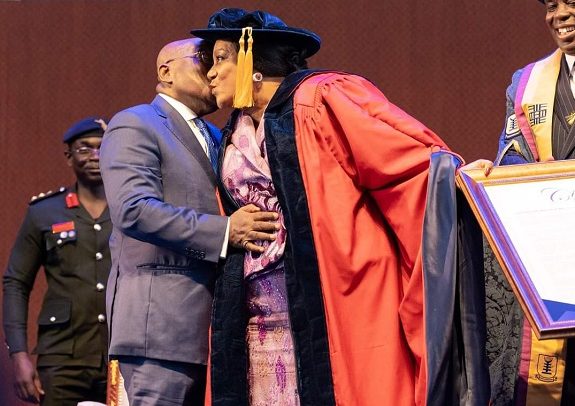

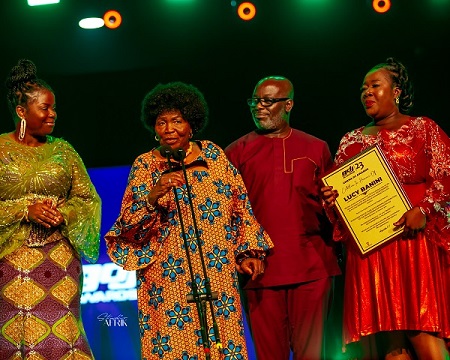
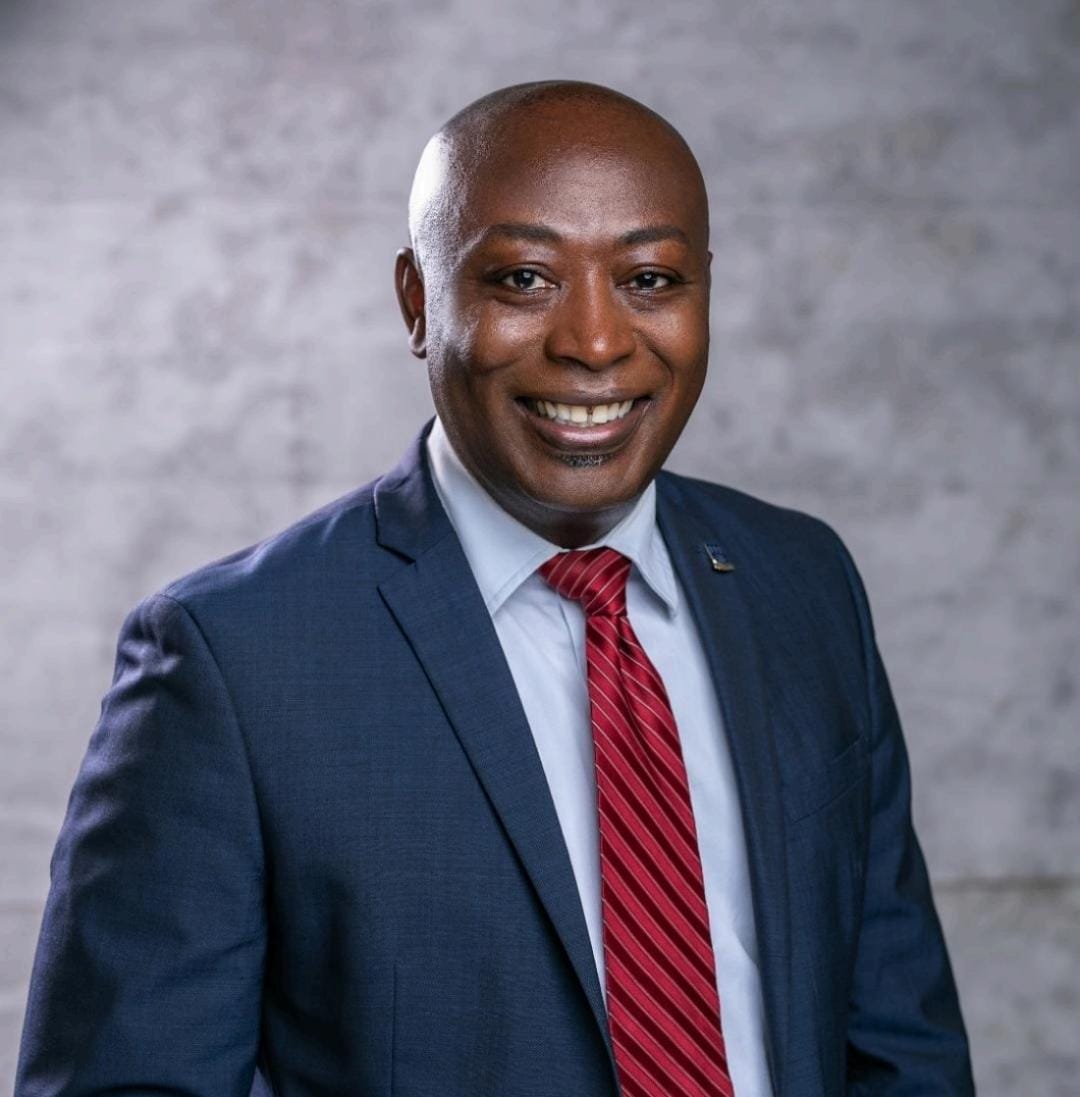
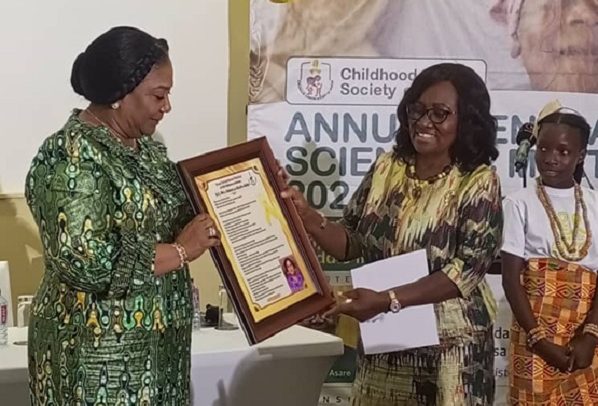

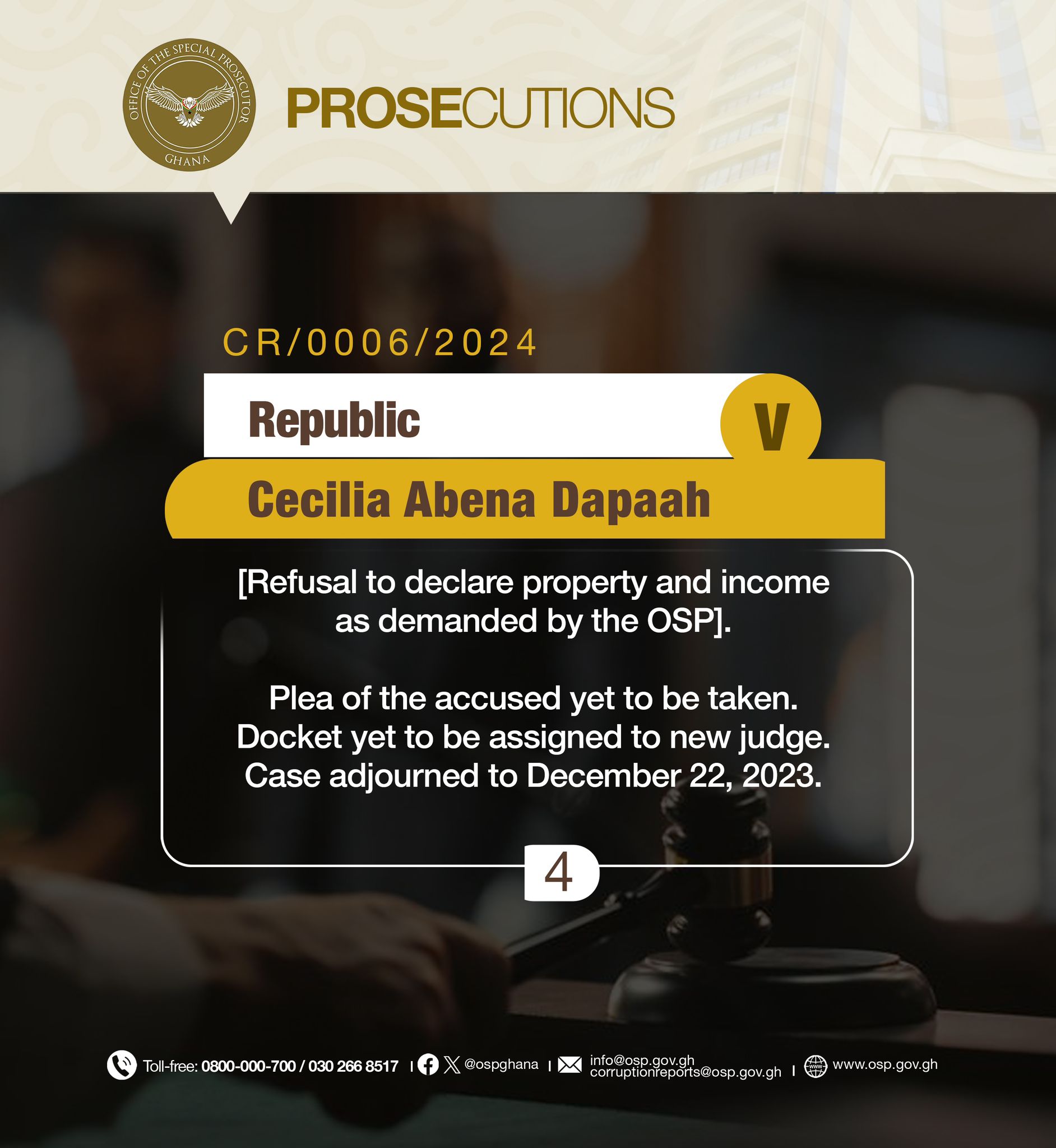















Facebook
Twitter
Pinterest
Instagram
Google+
YouTube
LinkedIn
RSS